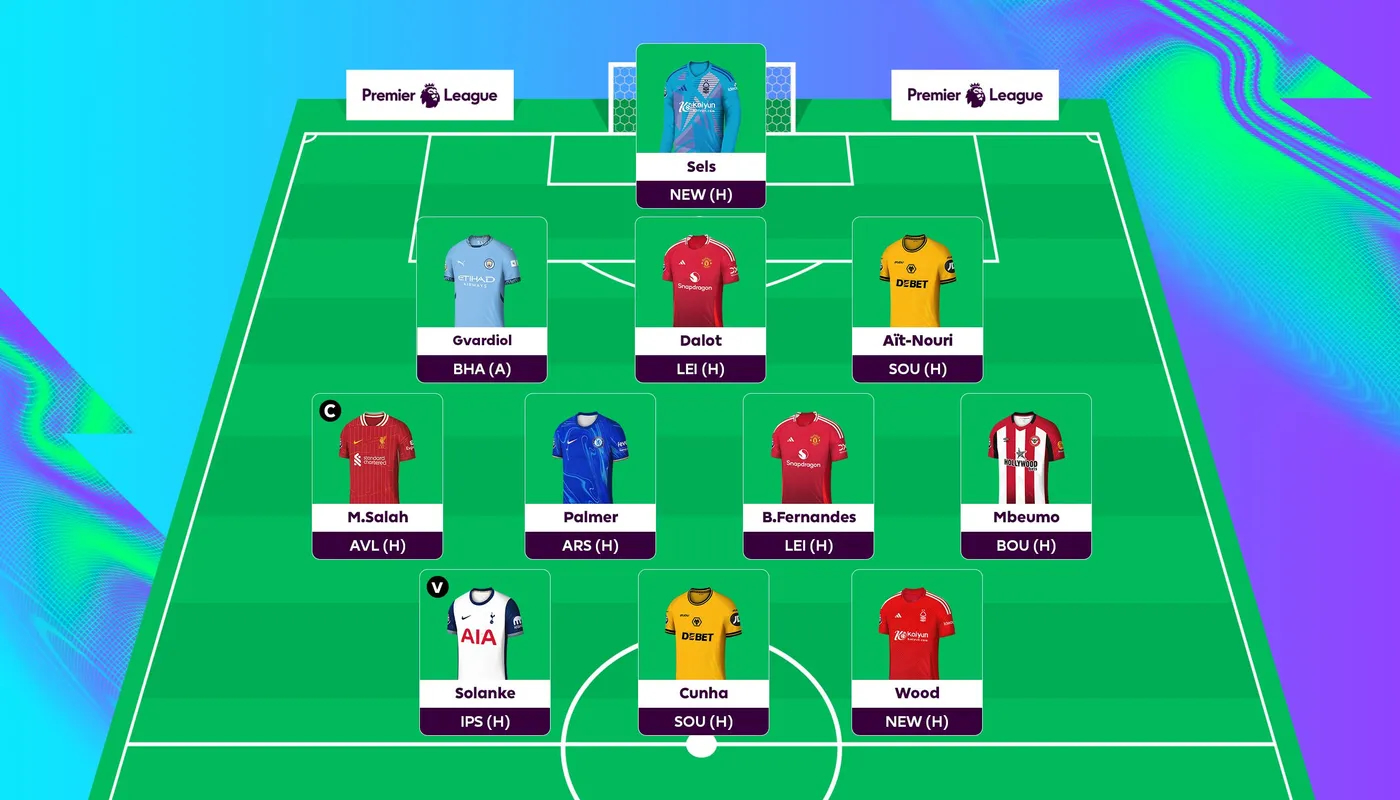Football has a problem: there isn’t enough football. The world’s most popular thing is too popular. Fans seem to find it ludicrous that our entertainment is constrained by flesh and blood, that we can’t – like with everything else – just watch live football when we feel like it.
It started to get like this when Sky bought the Premier League rights and set up the Sky Sports channels. They had realised people really like this stuff. People like it enough for you to air football content endlessly. Throughout the 2000s came Premier League Years, where people could watch football that happened ten years ago. If you were bored of that, you could switch over to Sky Sports News, where you can still watch presenters speak of Granit Xhaka’s move to Sunderland in the same dramatic register as a Gaza peace deal. Podcasts, YouTube and the democratising internet made it even more mental, to the extent that I saw a TikTok last season of two lads discussing which Premier League club had the best goal nets.
However, none of football’s bolt-ons compare to Fantasy Premier League. The conceit is simple. You have a set budget and pick Premier League players for your fantasy team, which competes in different leagues against your friends. How the players fare in the weekend’s matches dictates how your team does. You pick Haaland, he scores, you get points. You pick Cristian Romero, he gets sent off, you do badly. It started with a mail-in version from the Telegraph in 1994, before the Premier League started one in 2002. The online version had one million players in 2007. Now that figure is 11 million.
My introduction to it was when a French teacher told us he was obsessed with it. He kept spreadsheets and spread his bets with different teams across the various leagues offered by different papers (he was the obsessive type, big marathon runner). No one in FPL world knew his identity, but there was a cultish whisper about his teams, which always had the same name and did astonishingly well each year. I think he won the Metro’s league when I was in Year 6, with prize money in the tens of thousands.
I started playing back then, and I played how everyone normal should play. You spend a couple of hours one bored August afternoon stressing over the team, join lots of leagues, care about it for the first weekend, and then by Gameweek 4 (of 38) you’ll have forgotten about it if you have a life.
‘Why not let people have nice things, Angus? Why be so needlessly negative, so desperate to write snarky copy? Surely people obsessing over FPL is better than them gambling on the number of throw-ins in the first half?’
Well, first of all, because I hate the terrible Office-esque theatre around team names. We’ve all been there: the awful moment where you realise you’re not particularly funny, and scramble to google ‘funny FPL names’. You look down the list. ‘Shut the FAcup’. Yes, most amusing. ‘Saka Potatoes’. Ha ha ha, no. ‘Lallana Del Rey’. Yeah, yeah. ‘Charli xGx’. OK, that one’s quite funny.
With FPL, every moment of football becomes consequential
Secondly, I hate the forced nature of the leagues. One person I know is in his hairdresser’s league. There’s the school league filled with people you haven’t spoken to for years. Then there’s the sense that HR would be delighted to know there’s a work league. Nothing better to break the ice on a Monday morning, sure, but it’s so, so inane. At least the water-cooler chat about ‘the game last night’ is about something real. I’ve heard of some amusing forfeits – the loser has to do an open-mic set, for example – but you’d be a bit intense to follow that through.
Thirdly, it’s too much emotional effort. With FPL, every moment of football becomes consequential. If City are thrashing Burnley 6-0, but you’ve got Donnarumma in goal and Gvardiol gets a bit sleepy, meaning that Jaidon Anthony pulls a consolation back to make it 6-1, and none of your defenders get clean sheets, then that really matters. It shouldn’t.
But finally, and perhaps most annoyingly, it’s making the individualisation of football much worse. This is a team sport. David Beckham and Cristiano Ronaldo made us lose sight of that by being handsome – but it is. Fantasy Premier League teaches you to see players as individual units who do well or not in isolation. Yes, defenders get points if their team keeps a clean sheet, but that’s about it. My team (Fulham) has players that aren’t particularly sexy: Alex Iwobi, Timothy Castagne, Sander Berge. Yet last year we were about as good as Bournemouth and Palace, but they had the FPL golden boys: Antoine Semenyo, Milos Kerkez, Eberechi Eze. People who didn’t know the league table were stunned to learn Fulham were basically level with those guys. Football is about systems as much as personalities.
When I got home the other day, I saw my flatmate, who’s an Arsenal fan. The day before, Arsenal beat Fulham to go top of the league. That next afternoon, Liverpool lost at home to Manchester United, meaning that Arsenal were three points clear. ‘Did you see Liverpool lost?’ I said, hoping to cheer him up. ‘Yeah, it’s really annoying. I might have to drop Salah – he’s just not scoring.’ I was stunned. He seemed to care more about his FPL team than his team (‘classic Arsenal fan’, hur hur hur). But I couldn’t help but find it sad. And as you can see, sadness got replaced by anger. But here’s the thing: don’t worry if you forget to change your team before this weekend. Relax. Real football is the better product. To think otherwise is a fantasy.








Comments